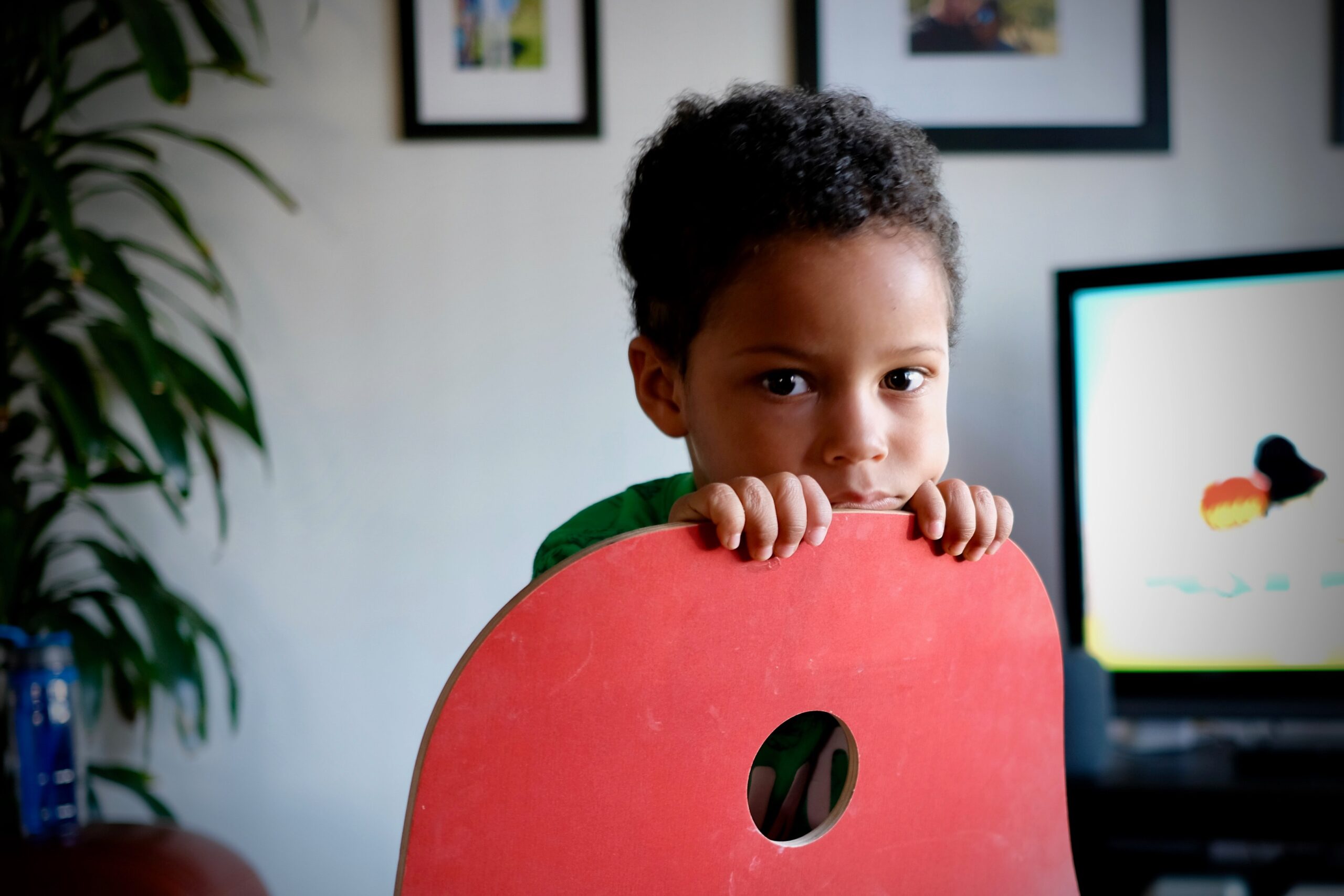Children processing a divorce in the midst of the COVID-19 pandemic can certainly benefit from seeing a therapist. Keep the following tips in mind.
Here are some basic rules of the road for choosing and dealing with your child’s therapist:
- Before you enlist the help of a therapist(s), make sure your co-parent approves of the idea. Depending on your custody agreement, this is likely something both parties need to agree to before pursuing. Learn what to do if your co-parent is not on board →
- When possible, include your co-parent in choosing your child’s therapist and meet together with several therapists before determining which therapist may best suit your child’s needs.
- Ask for recommendations for therapists with the right experience for the ages of your children. You might want to ask your child’s pediatrician or school psychologist for recommendations.
- Once you have found a mental health professional(s) who has the appropriate experience, meet with the therapist and your co-parent. If you are comfortable, then ask for an introductory meeting with your child. How to determine if your child’s therapist is the right fit →
- Determine from the outset how you will pay for this therapy. It might be that you need to find a therapist who is “in-network” in one or the other’s insurance. More about divorce agreements & how to cover the cost of child therapy →
Once you find the right therapist for your child, it is important to ensure that this person is not utilized for litigation purposes, but instead is there for your child.
Therefore:
- Leave your child’s therapist out of your divorce litigation. This is about your child’s emotional well-being and not about who prevails in a court of law.
- Suspend any anger you may feel toward your ex-spouse when meeting with your child’s therapist.
- Do not malign your co-parent to your child’s therapist. The therapist is there for your child, and showing your ill-will toward the child’s other parent is not helpful and can turn into a time-wasting distraction.
- As much as practically possible, try to meet and communicate together with your co-parent and the therapist so that everyone can be on the same page to best help your child.
Important note:
Sometimes, your child is not ready for therapy. This is an issue to address with a mental health professional before you introduce your child to a therapist.
Recommendation:
You may also want to consult with your own therapist. This person can become an objective assessor of the situation, who can help you learn to communicate with your children about the changes in their lives and even help you co-parent with your former spouse.
And as I always say, please take time to take care of yourself, as well as your children, during this incredibly difficult time.
These opinions should not substitute as legal or mental health advice, as each case is unique. If you are facing a similar situation, it is critical to contact a family law attorney or mental health professional in your area as soon as possible.
Originally published in Divorce Magazine. Read the original publication here.

